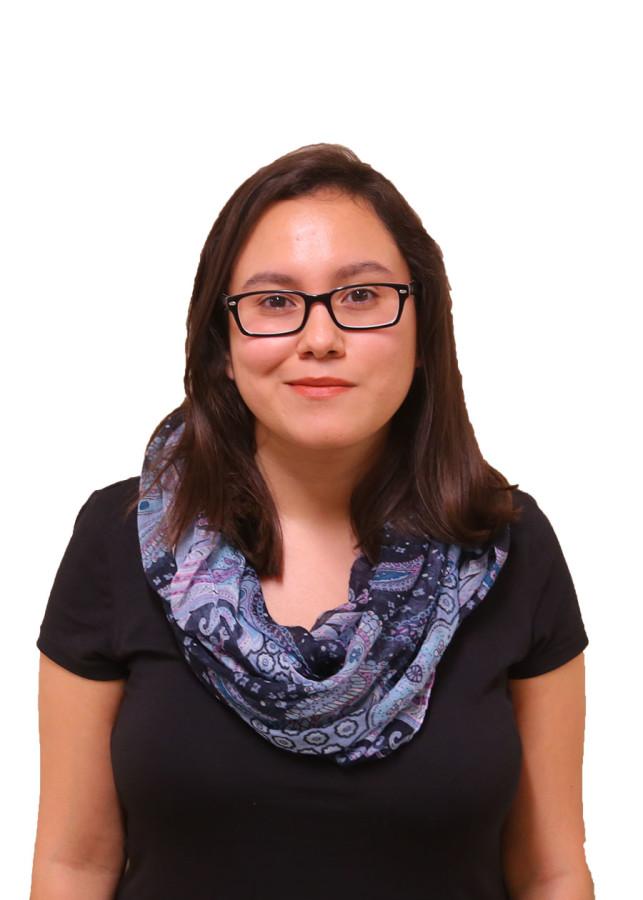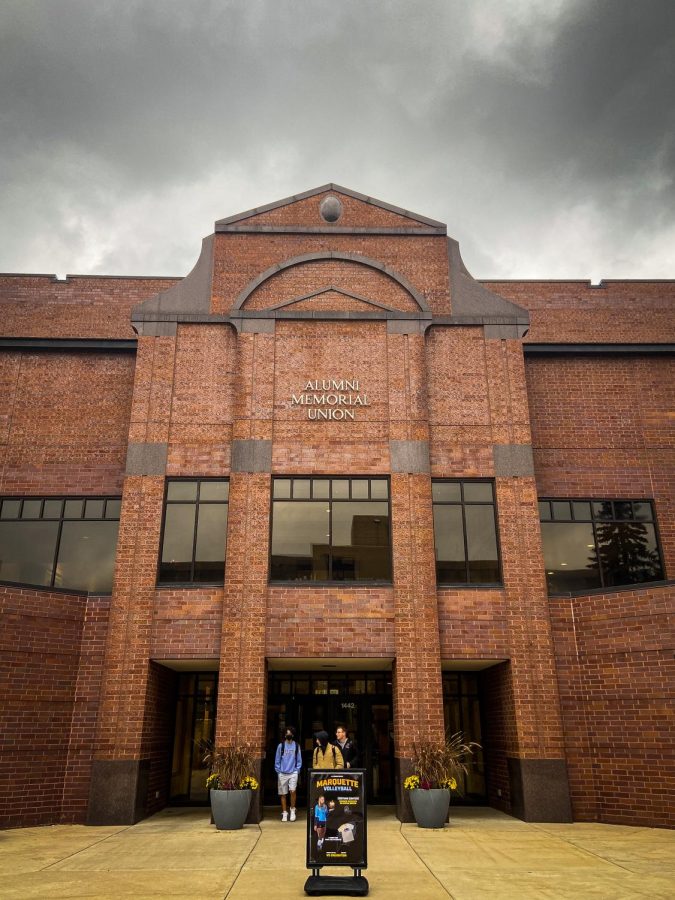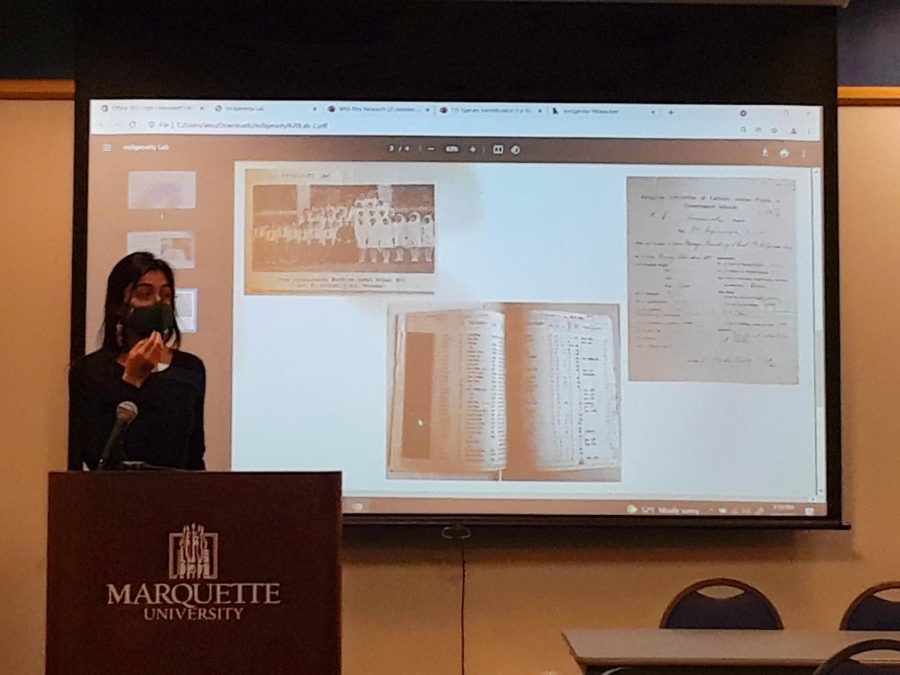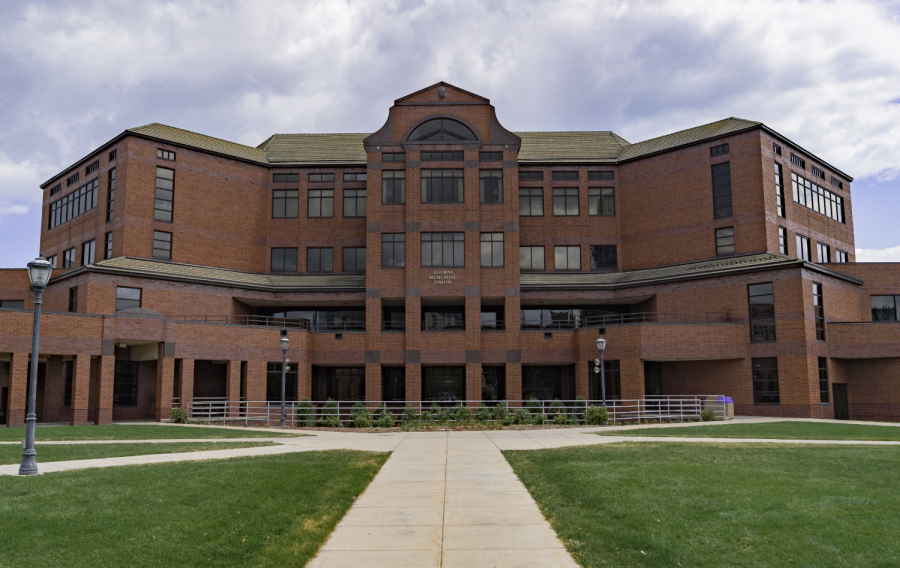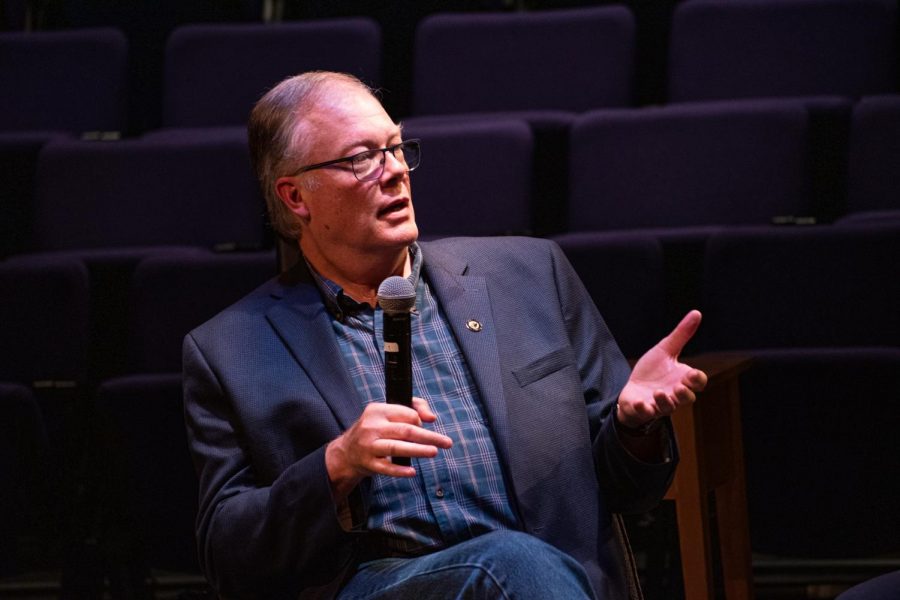
Bringing a topic constantly in international headlines closer to home, the Raynor library played host yesterday to “What’s Next for the Middle East?”, a discussion on the Middle East and North Africa (MENA), part of the library’s global discussion series.
The faculty-led discussion attended by about 20 people briefly touched about the conflict in Syria. Louise Cainkar, an assistant professor of social welfare and justice, brought up the large number of refugees fleeing Syria for nearby countries. According to the U.N., 678,241 refugees have already left the country, though the actual number may be higher.
Other countries affected by the Arab Spring revolution, such as Egypt and Tunisia, were also discussed. The sudden resignation of the Tunisian prime minister was shown as evidence that things are still tenuous in North Africa.
When asked about the Marquette study abroad program in Cairo, faculty members said the situation is not particularly dangerous for Americans.
“(It’s) safer for Americans (in Egypt) than it is for most Egyptians,” Cainkar said, a belief echoed by additional professors.
While not often discussed in the public sphere, the recent rise of Turkey on the international stage was among the leading topics the panel addressed.
“(Turkey) is the strongest economy in MENA,” said Phillip Naylor, a professor of history who specializes in North Africa and the Middle East.
“(Turkey) is playing out its historical role of being the pivot between the Western (world) and the Middle East,” said Risa Brooks, an assistant professor of political science. She explained that recent changes in Egypt are partially impacting the shift.
Turkey’s attempt to join the European Union was briefly discussed, with Naylor pointing out the history of the Armenian genocide and France’s Armenian community influencing French opinion on the subject. Brooks pointed out that Turkey’s civilian-military relationship would be a key part of allowing the country to join the EU due to a belief in civilian control of the military.
Irfan Omar, an associate professor of theology, pointed out the striking difference between Turkey and Iran with regard to cultural attitudes about women. Omar said there was a time when a woman could not enter a university campus while wearing a hijab (a traditional head covering sometimes worn by Muslim women as an outward display of their faith), while in Iran women must do so.
Women’s rights across the region were also discussed. Cainkar said Saudi Arabia’s severe restrictions on women’s rights are an extreme example that does not apply to the entire region. In Pakistan, studies suggest more women are gaining advanced degrees than men. While restrictions on women’s rights have some grounding in a conservative interpretation of Islam, it is seen as a cultural norm for the region spanning across religions.
“Patriarchy is a problem, as it is in much of the world,” Cainkar said. “Women are still struggling.”

